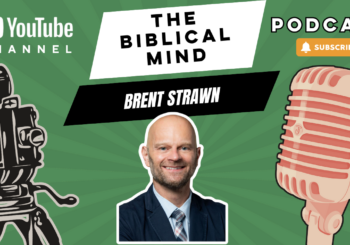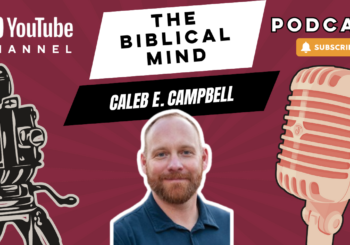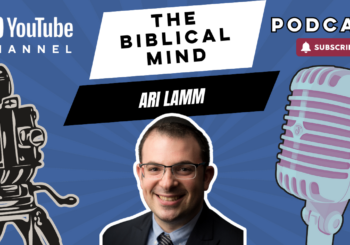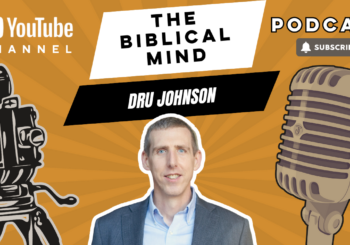Hebraic Thought, “What Hath Darwin…”, and What’s Coming Next (Dru Johnson) Ep #182
In this episode, Dr. Dru Johnson, president and founder of the Center for Hebraic Thought, explains the concept of Hebraic thought and its enduring relevance. Hosted by Mike Tolliver, the discussion explores how the biblical authors understood and conveyed ideas about freedom, justice, morality, and the nature of reality. Dr. Johnson defines Hebraic thought as the intellectual framework reflected in the Hebrew Bible and extended into the New Testament.
The conversation highlights the distinctiveness of Hebraic thought compared to Greek and modern Western philosophy. Dr. Johnson emphasizes that the biblical authors often prioritized restoration and community over punitive justice, demonstrating a wisdom-centered approach to ethics and relationships. The discussion also clarifies common misconceptions, distinguishing Hebraic thought from later Jewish philosophical traditions and situating it as a foundational framework for understanding scripture.
Dr. Johnson addresses how Hebraic thought can inform contemporary issues, from justice to scientific inquiry, by offering a conceptual foundation rooted in scripture. He also introduces his upcoming projects, including a book on Hebraic philosophy of science, aimed at bridging ancient biblical insights with modern intellectual challenges.
Chapters
00:00 Introduction
01:26 Understanding Hebraic Thought
04:04 The Distinction of Hebraic Thought
06:34 Hebraic Thought in Historical Context
08:06 Paul and the Greco-Roman Influence
09:55 Philosophical Misunderstandings of Hebraic Thought
12:05 Biblical Scholars and Hebraic Thought
14:51 Cross-Pollination of Disciplines
17:50 Hebraic Thought in Everyday Ethics
22:37 Cultural Forces Against Understanding
24:59 Community Engagement with Scripture
27:32 Exploring Hebraic Thought and Darwin
32:00 The Conceptual Worlds of Natural Selection
33:46 Reception of the Book and Future Implications
34:23 Exploring Hebraic Thought and Science
38:36 The Intersection of Logic, Math, and Science





